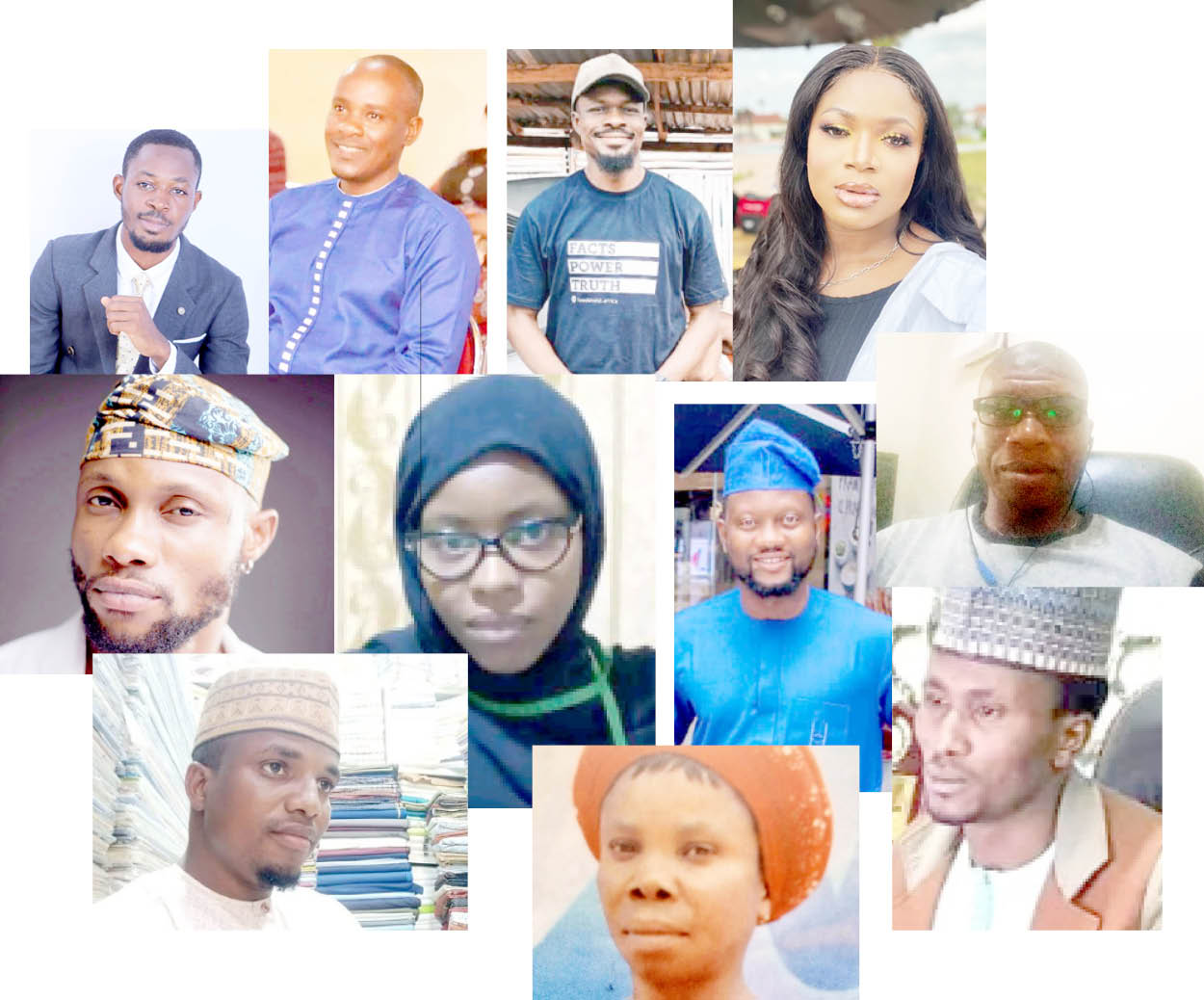Recently, Nigeria’s electricity Distribution Companies announced plans to increase electricity tariffs effective July 1, 2023. In this Vox Pop, Daily Trust Saturday sought the opinion of some Nigerians on the proposed increment.
Olusegun Obamoh, 44, Civil Servant, Abuja
It will be too bad to increase electricity tariff now. Millions of Nigerians are already living in abject poverty, and due to the recent subsidy removal on fuel, schools have increased their school bus fare, transportation fare has tripled, the meter reading for water board which was 80 units is now 805 units yet salary hasn’t increased. What is the meaning of governance when it cannot affect the people positively?
Nurudeen Salifu, 26, Software Engineer, Abuja
I am deeply concerned about the recent electricity tariff increase of over 40 per cent. As someone whose job and livelihood heavily rely on electricity, this proposed hike places an unbearable burden on individuals and businesses, hindering economic growth and sustainability efforts. I urge the authorities to reconsider this unjust increase and engage in transparent discussions for fair and equitable solutions that benefit citizens.
Edwin Chukwu, 28, Gym Instructor, Abuja
First, we are paying so much for little units that don’t last, now increasing the tariff means N1000 for a day. I honestly feel it’s uncalled for and it’s not what we need now. I think it’s best we go back to our former style of paying PHCN monthly.
- Alleged nomination of Ortom for minister fake – Media aide
- Hajj ritual: Nigerian pilgrims return to Makkah
Aisha Ahmad Sukhairaj, 27, Tailor, Kano
As a tailor, one of the things we require the most is electricity. Without it, we cannot work; as you can see all our machines need electricity. Even now, we are battling with the payment of electricity. You can imagine what will happen when it is increased. There was a time I asked them to disconnect me from prepaid and put me on bill payment process but they said no. For every single set of clothes I make, I use electricity to sew and iron. Even now that the light is not constant, I battle with fuel. Honestly, if they increase the price, we will suffer and people will not understand if the cost of sewing increases. I think this is not the right time for the price hike, let us have stable light first.
Emmanuel Obisue, 34, Journalist, Abuja
I think it is ill-timed and insensitive, considering the hardship Nigerians are currently battling with. Nigerians have not gotten over the removal of fuel subsidy by the new administration, which has instigated a spiralling effect on the cost of living. The President Bola Tinubu-led Federal Government must work in the interest of Nigerians rather than pushing them into avoidable hardships.
Femi Jubal, 36, Realtor/Entrepreneur, Abuja
The truth is, a leader must make some tough decisions and sometimes, when the leader is confident, he knows that his decision will in the long run have a positive impact on the people. Sometimes, it is not convenient for the people at the early stage but it’s only a matter of time before they realise that it was a good decision after all. The truth is that for people to get to the Promised Land, they have to go through the wilderness. However, the government of the day must look into the issue of the minimum wage so as to give the people a soft landing.
Bashir Abdullahi El-Bash, 28, Entrepreneur, Kano
If the tariff increase will come with an increase in the supply of electricity, it will be a welcome idea. Presently, the light is not constant so we still buy fuel to power our generators. Four litres of fuel will not last for one hour because of the nature of my job, and you have to spend like N2, 800. If they increase the price and improve the supply, it will be better for us than to buy fuel because with electricity, you can make use of all your gadgets and achieve a lot in your work. I support the idea only if the supply will improve.
Balarabe Babale Yusuf Gajida, 37, Entrepreneur, Kano
The proposed increase is coming at a very wrong time considering the economic hardship people are facing now. After increasing the price of fuel, the price of so many products skyrocketed, as well as transportation cost. Now, if electricity tariff increases, it will also affect production cost which will also affect price of goods and services. I appeal to Mr President to initiate policies that will reduce inflation not the ones that will increase it.
Vivian Ogbewe, 29, Sales representative, Abuja
That would be too much for us to handle. After removing the fuel subsidy, electricity is set to be increased by 40 per cent, which I think is not fair. Think of those who can barely afford three square meals. As I speak, there are Nigerians whose salary is not up to the minimum wage and they have families to take care of, school fees and house rent to pay, and now you want to add a huge sum of electricity bill to their problems. The present government should look into all these before making further decisions. We are already suffering in this country and the government shouldn’t add to it, that is my opinion.
Ehis Anetor, 38, Civil servant, Port Harcourt
Increasing electricity tarrif could threaten the survival of a civil servant and lead to rise in crime rates. The electricity is not even available. Many of us are paying for darkness in spite of previous hikes which defeats the argument that the hikes were to fix the issues inhibiting the electricity supply value chain. There’s potential negative impact on civil servant and enterprises, which constitute a significant portion of Nigeria’s economy and workforce.
Joy Victor, 35, teacher, Port Harcourt
An increase in electricity tariff will not change anything rather it will increase the pains of people, especially the civil servants who depend on monthly take home. We have never enjoyed steady power supply rather, we have been paying for services not rendered to us. Where I live, we have electricity supply for barely five hours a day. On what basis are they increasing electricity tariff when we don’t have steady power supply? The tariff will definitely bring hardship to many families.
Rosemary Etim Bassey (Abuja), Zahraddeen Yakubu (Kano) & Victor Edozie (Port Harcourt)

 Join Daily Trust WhatsApp Community For Quick Access To News and Happenings Around You.
Join Daily Trust WhatsApp Community For Quick Access To News and Happenings Around You.


